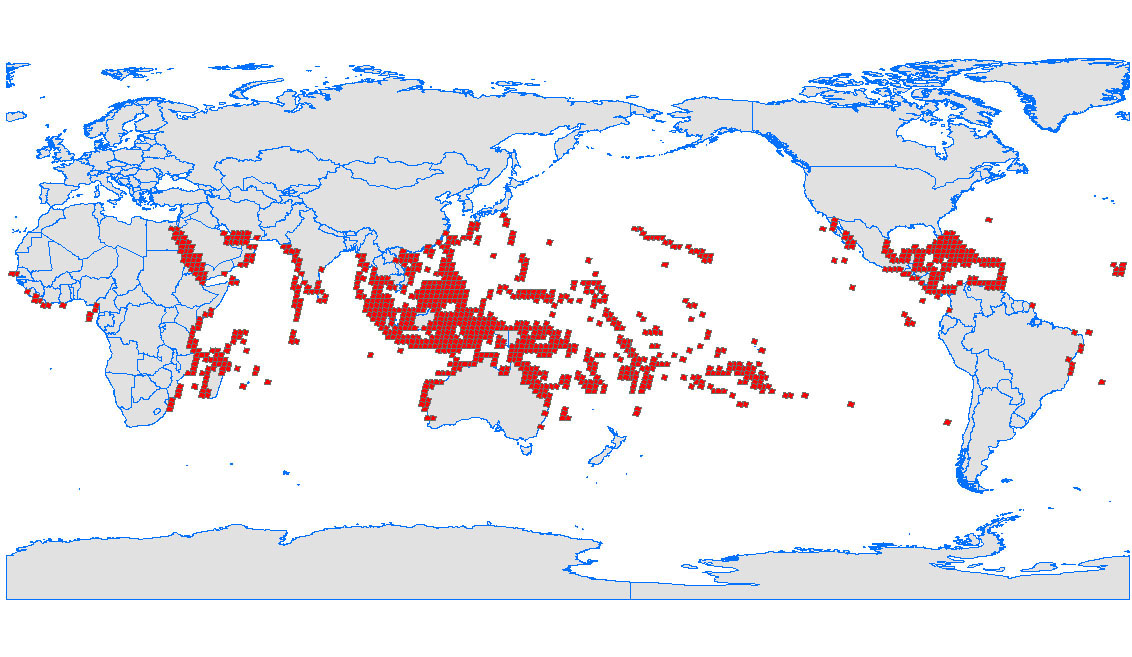1KWIK_69
Contributor
Why even bother to bag them? It's dangerous for the DMs and they're going to be killed by the park officials anyway. No point in it. That is, unless they're setting up their own aquariums or selling them to restaurants - but they wouldn't do that, would they?
I'll have to agree with you there. Killing them on site might also have another benefit. Other critters might eat the dead ones, develope a taste for them and start hunting the live ones!






